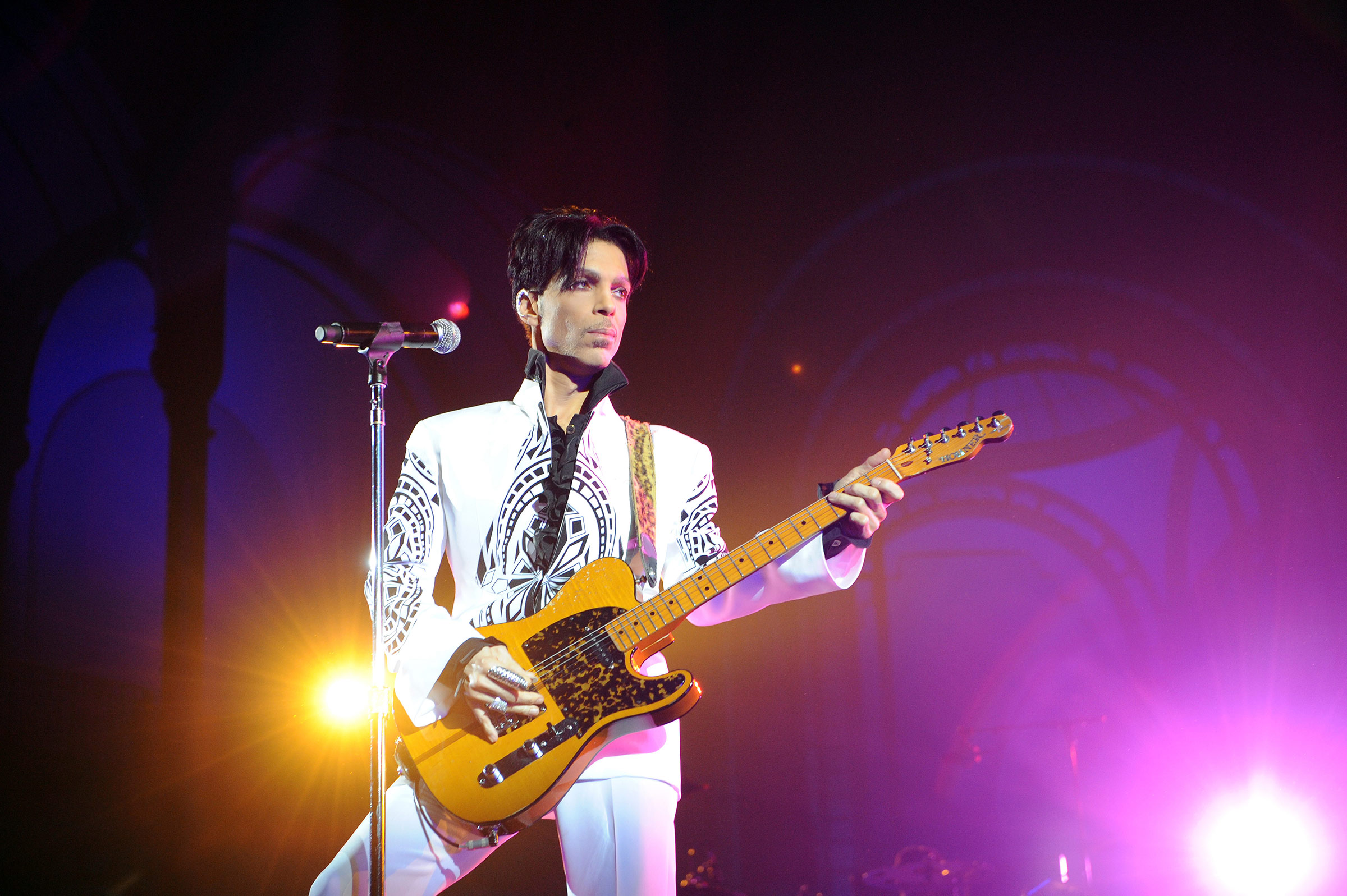
Prince’s career had milestones in every direction. He released a slew of world-altering singles, from the smoldering “Little Red Corvette” to the lighters-up title track to Purple Rain. His live performances were the stuff of legend, whether they were unbridled jam sessions that stretched into the wee hours or stripped-down showcases where he put the sturdy bones of his songwriting on display. He challenged assumptions about race and gender identity with matter-of-fact statements and knowing asides, as well as massive grooves. Through it all, he exhibited an innate confidence that helped him excel on the business side of making music.
That last part is key to Originals, a collection of tracks Prince wrote for other artists that’s been exhumed from the vault of recordings he kept at his home base, Paisley Park. That vault was drilled open shortly after Prince’s death in 2016; earlier this year the first album culled from its treasures, the live album Piano & a Microphone 1983, was released. It showcased Prince, already a star but on the cusp of ascending to full-on ’80s auteur status, accompanied only by a piano, playing sketches of songs that included the seeds of what would eventually become “Purple Rain.”
Similarly, Originals documents Prince’s always-on creative process. Collecting 15 songs that Prince wrote and then gave to other artists, both in his circle (the Time, Vanity 6) and outside of it (Kenny Rogers, the Bangles), it reveals where Prince directed all that productivity in the ’80s and early ’90s. Hearing Prince’s voice in new contexts, even after three years, is a simultaneous jolt and balm. But even more than that, Originals proves how deeply his artistry defined that era of pop.
Take “Jungle Love,” which went on to become a signature song for Minneapolis-sound standard-bearers the Time. At the time of its release, it claimed writing credits from “Jamie Starr” and “The Starr Company”–both Prince aliases. Musically, Prince’s demo of that 1984 single isn’t too different, with flinty guitar licks and double-time grooves leading the way. Prince’s louche drawl on “Jungle Love” doesn’t have the frenzied edge of Time front man Morris Day’s vocals, although it does have the “bring me a mirror” instruction that became a staple of the Time’s tear-up-the-stage show. The version that reigns supreme today is certainly more of a realized pop song than the recording on Originals, but knowing just how meticulously Prince had planned out the song’s trajectory is a marvel.
Many of the tracks on Originals were produced by Prince, often operating under an alias, in their final form, and these early takes show how much each song’s path to pop dominance was divined in part by its eventual top-billed artist’s strengths. For example, the demo of Sheila E.’s 1984 hit “The Glamorous Life” has the skronky sax and schoolyard-taunt chorus that helped the cautionary tale reach the top 10, but it’s lacking Sheila E.’s vigorous drumming, which provided the song a second hook that made it leap out of radios. “Manic Monday,” meanwhile, has the breezy piano melody that sent the Bangles’ 1986 recording of that workaday lament to No. 2 on the charts intact, although the vocals–both from lead singer Susanna Hoffs and her bandmates, who supplied harmonies–possess more pathos in their ready-for-radio form.
Perhaps the most intriguing blueprint included on Originals is Prince’s demo of “You’re My Love,” which he wrote for country king Kenny Rogers. (He used the pseudonym Joey Coco.) Simply arranged and sung by Prince in his resonant lower register, it offers a glimpse of young Prince as a chilled-out maestro of grownup love songs. His dexterity there, as on all these songs, provides yet another reminder of what pop lost when he left.
More Must-Reads From TIME
- The 100 Most Influential People of 2024
- Coco Gauff Is Playing for Herself Now
- Scenes From Pro-Palestinian Encampments Across U.S. Universities
- 6 Compliments That Land Every Time
- If You're Dating Right Now , You're Brave: Column
- The AI That Could Heal a Divided Internet
- Fallout Is a Brilliant Model for the Future of Video Game Adaptations
- Want Weekly Recs on What to Watch, Read, and More? Sign Up for Worth Your Time
Contact us at letters@time.com